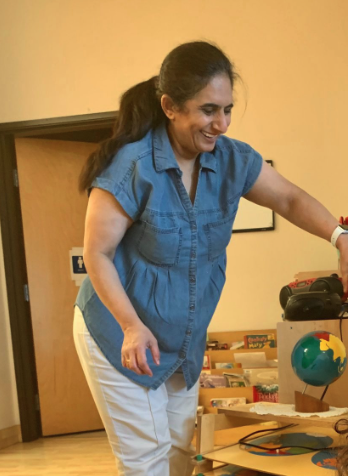
Montessori School Pros and Cons
When it comes to choosing a school for our kids, the options can be overwhelming. One of the choices that parents often come across is Montessori education. But what exactly is it, and is it the right fit for your child? Let’s dig into montessori school pros and cons.
The Birth of the Montessori Method
The Montessori Method was introduced in the early 20th century by Maria Montessori, an Italian physician, and educator. She developed a child-centered educational approach based on scientific observations of children from birth to adulthood.
Montessori schools focus on individual, hands-on learning. They encourage children to learn at their own pace, providing a unique environment where children develop a strong sense of independence and self-esteem. But as with anything in life, there are pros and cons to this approach.
The Pros of Montessori Schools
Fostering Independence
One of the most significant advantages of Montessori education is its focus on fostering independence in children. Children are encouraged to make decisions and explore their interests, developing problem-solving skills and self-reliance.
Encouraging Creativity
In a Montessori classroom, children’s creativity is highly valued. With access to a variety of materials and tasks, kids are free to explore and create, fostering a love for learning.
Tailored Learning
Each child is unique, and Montessori schools embrace this. Teachers observe students and adapt their teaching methods to fit the individual needs and interests of each child.
Emphasis on Respect and Social Skills
Montessori schools place a strong emphasis on respect for others and the environment. They also foster social skills and emotional development through group work and community-based activities.
The Cons of Montessori Schools
Cost Considerations
Montessori schools can be more expensive than traditional public schools. Not all parents may be able to afford the tuition fees, which can be a significant drawback.
Lack of Structure
The Montessori approach’s flexibility can be a double-edged sword. For some children, the lack of a structured learning environment may be challenging and could hinder their academic progress.
Not For Every Child
While the Montessori method can benefit many children, it may not be the best fit for every child. Children who thrive in a more structured environment or those with special needs may not do as well in a Montessori setting.
Limited Extracurricular Activities
Unlike traditional schools, Montessori schools may not offer a wide range of extracurricular activities. If your child is interested in sports or other group activities, this could be a con to consider.
Making the Decision
Considering Your Child’s Needs
Deciding on a school is a personal decision that should be based on the unique needs of your child. Consider your child’s learning style, personality, and social needs when weighing the pros and cons of Montessori education.
The Importance of Parental Involvement
Remember, no school can replace the role of parents in a child’s education. Whether you choose a Montessori school or a traditional school, parental involvement is crucial in your child’s learning journey.
Like any educational system, Montessori schools come with their own set of advantages and drawbacks. It’s essential to consider your child’s individual needs and the family’s financial situation before deciding. Montessori education could be the perfect fit for your child, or it might not be. In the end, what matters most is that your child has a learning environment where they can thrive.
Frequently Asked Questions About the Pros and Cons:
Are Montessori schools more expensive than traditional schools?
In general, Montessori schools can be more expensive than traditional public schools due to their unique learning materials and low student-to-teacher ratios.
Is the Montessori method suitable for every child?
The Montessori method may not be suitable for every child. Children who require a more structured learning environment or have certain special needs may not thrive in a Montessori setting.
Do Montessori schools offer extracurricular activities?
Some Montessori schools offer extracurricular activities, but the range and type may be more limited compared to traditional schools.
What role do parents play in Montessori education?
Parents play a crucial role in Montessori education. They are encouraged to be actively involved in their child’s learning journey, both at school and at home.
More blog posts we recommend:
What is the Three Period Lesson in Montessori?
